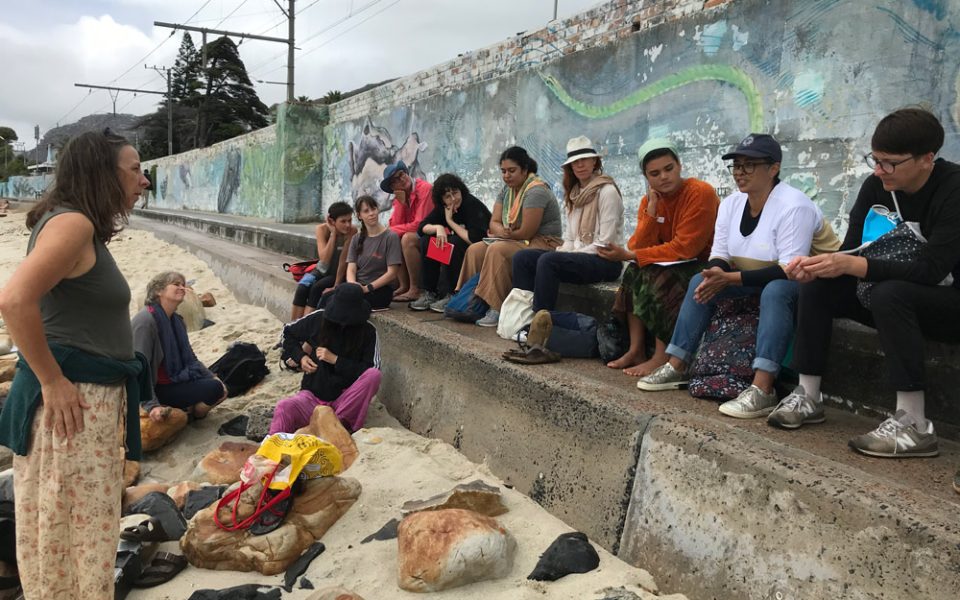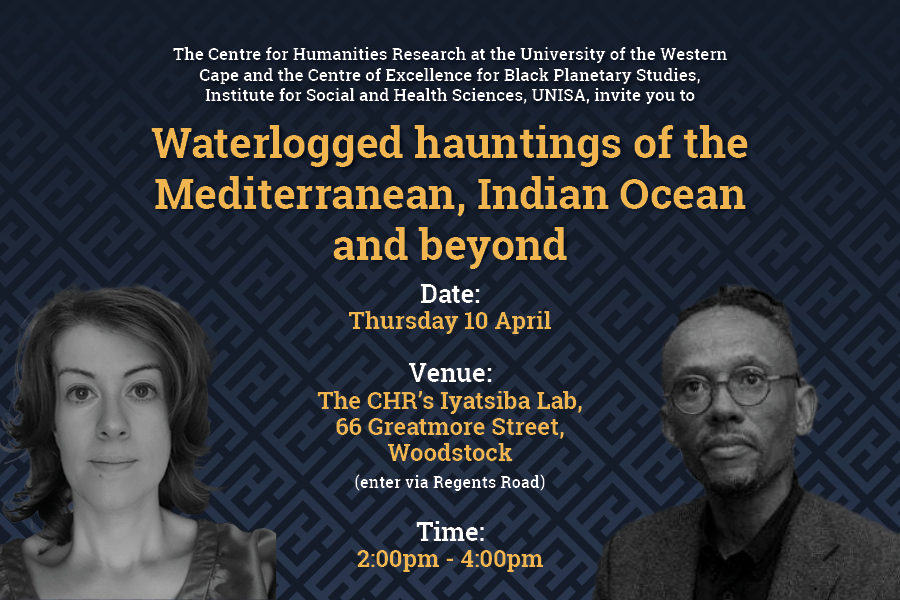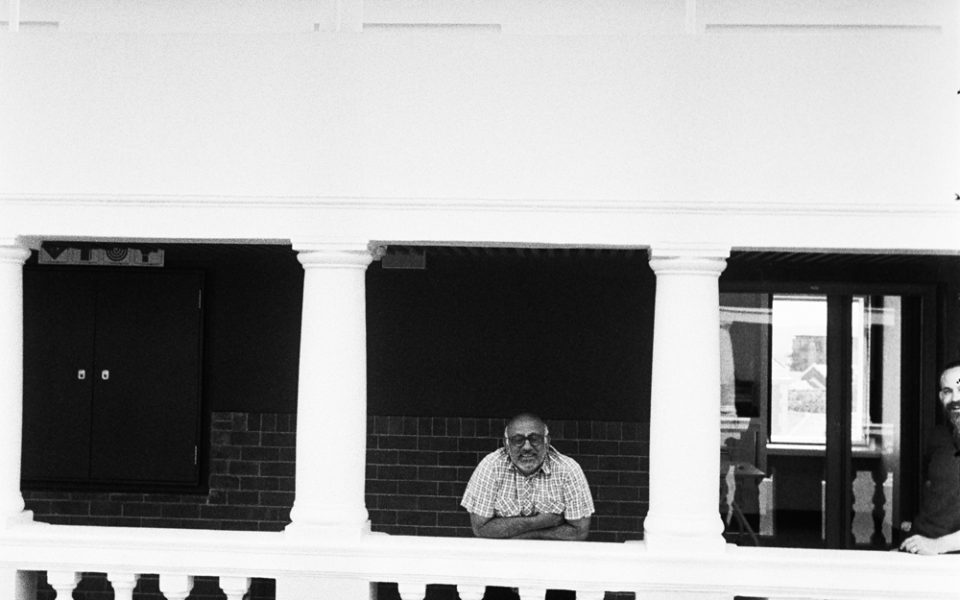CHCI Humanities Administration Network Session

The CHR is co-sponsoring a two-part series of conversations on the critical work of humanities centers and humanities administration: “Forming the Humanities: On Care” and “Traversing the Humanities: On Space.” These sessions are open to anyone engaged with the work of directing and administering humanities centers and other spaces.
The sessions will be initiated by a series of brief provocations by invited speakers, followed by open discussion. Participants will interrogate the material, symbolic, and philosophical spaces of the center; the aesthetic, affective, and political tasks they assume and perform; the intellectual labor of directing; and the often impossible balance of answering to the demands of accountability and reporting while maintaining an open space of investigation, experimentation, and well-being, among other threads.
The sessions are being presented in conjunction with the Consortium of Humanities Centers and Institutes (CHCI)’s annual conference. Registration for the main conference is not needed to attend these sessions, but registration for the sessions themselves is required.
Session 1
Forming the Humanities: On Care
12-1:30pm EST
Register here
If the concept of “administration” refers genealogically to forms of “care” (stewardship, accompaniment, taking care), thus largely exceeding the programming of measurable high research outputs amid the so-called economy of knowledge in the current neoliberal system (a teleological function towards productivity, growth, efficiency, applications), what does “care” mean in and for the formation of the humanities? How does “care” define instances which go from the mood and style which determine the intertwined research, thought, and creation involved in the humanist task, passing through the evaluation of its processes and works, up to their political commitment and broad social role? How are these forms of care able to create a communitarian consensus in the humanities different from those of other forms of knowledge, especially those of the natural sciences?
With: Amanda Anderson, Director of the Cogut Institute for the Humanities at Brown University; Rachel Arteaga, Assistant Director of the Walter Chapin Simpson Center for the Humanities at the University of Washington; Jesse Bucher, Director of the Centre for Studying Structures of Race, Roanoke College; Andrés Claro, Consejero, Centro Interdisciplinario de Estudios en Filosofía, Artes y Humanidades, Universidad de Chile; Pablo Oyarzun, Director of the Centro Interdisciplinario de Estudios en Filosofía, Artes y Humanidades, Universidad de Chile.
Session 2
Traversing the Humanities: On Space
12-1:30pm EST
Register here
If the task of the humanities center involves traversing and articulating several topologies, amid which the material space of its actual work, its symbolic space as an institution, and the interdisciplinary and intercultural space created by integrating and translating from heterogeneous discourses, times, and cultures, how do centers clear such spaces for the arrival of the new, make room for the unexpected? More precisely, up to what extent are centers able to establish counter-institutional spaces which allow new possible futures, new inseminations between disciplines and cultures, new commitments to re-symbolize the real? How do or can these disruptive spaces promoted by the centers relate to traditional university faculty and departmental instances with their assigned tasks of preserving and communicating more or less agreed-upon knowledge? How can or must the centers establish a solution of continuity between these innovative spaces and contingency, making an impact in the usual relations and problems in human common life through a socially shared language?
With Thomas Asher, Director of Research and Engagement at Columbia World Projects, Columbia University; Tarek Elhaik, Director of Anthropology Image Lab, University of California, Davis; Catarina Gomes, Director of Social Sciences and Humanities Lab at the Catholic University of Angola; Maurits Van Bever Donker, Senior Lecturer Research Manager at the Centre for Humanities Research, University of the Western Cape; Katharine Wallerstein, Associate Director of the University of California, Davis Humanities Institute.




